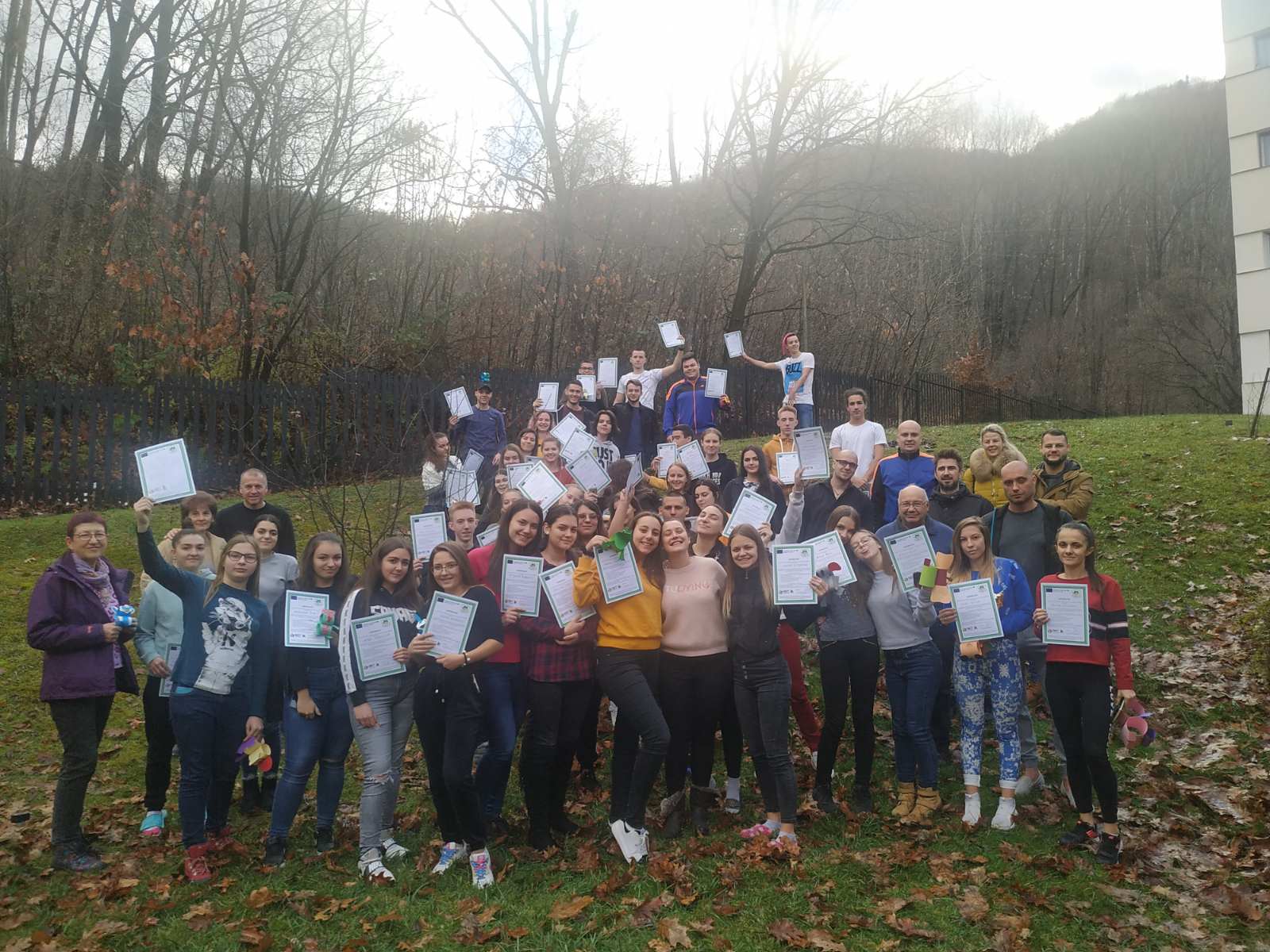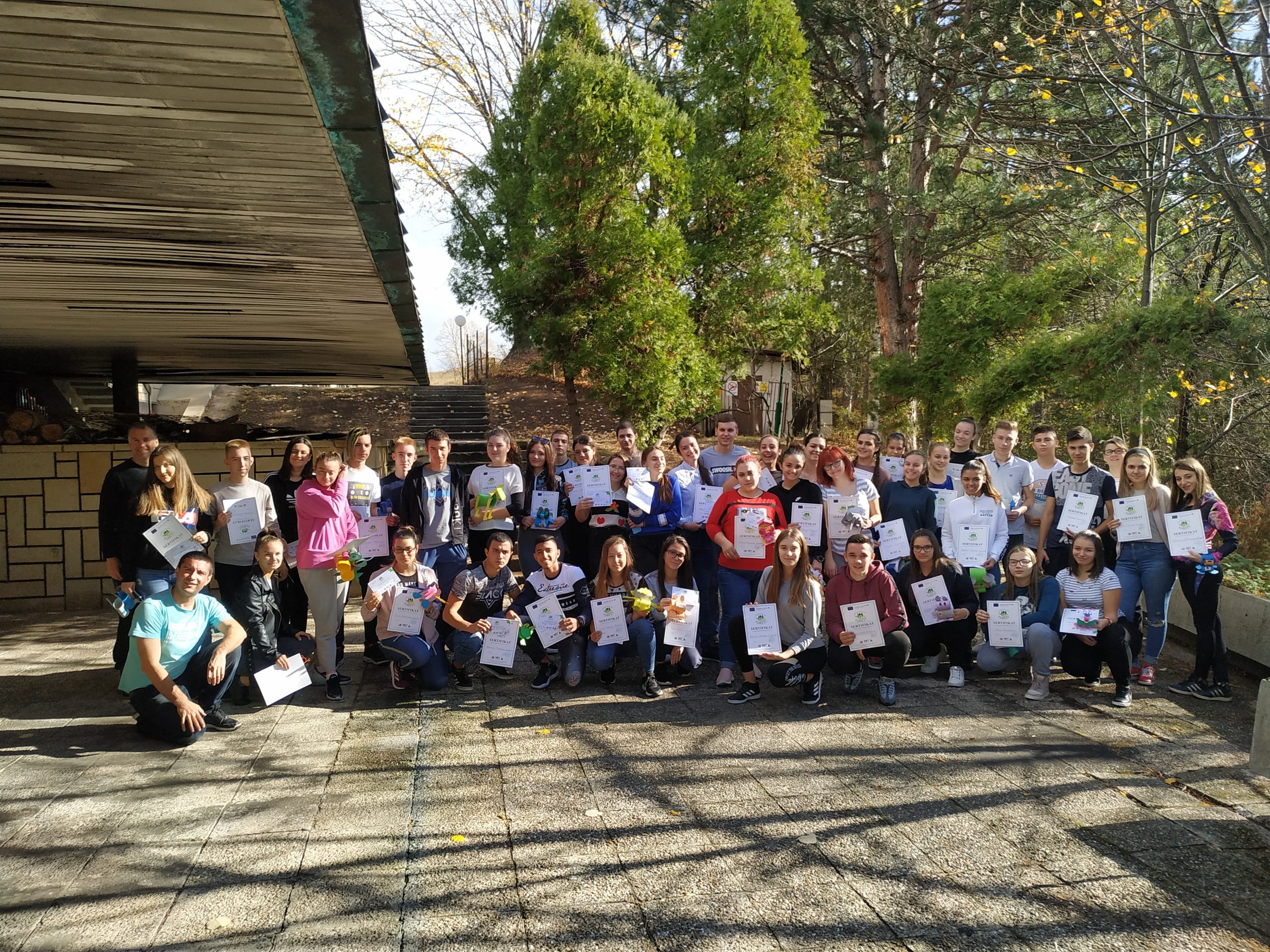
The final conference of the project “For everyone saved a tree” was held through the ZOOM platform on 19th March .
Due to epidemiological measures and bans, the conference brought together 100 participants online and some Bulgarian participants offline. The introductory speeches of the project partners referred to the goals and results of the project, indicating that cross-border cooperation between Serbia and Bulgaria in the field of nature protection is very important and should be a priority. Also, experts agreed that the idea of a database containing photos, descriptions and plants of the cross-border region is an important and useful thing for all youngsters, students or professors.
Botanists, ecologists, and other experts from Serbia and Bulgaria addressed the participants with interesting presentations on the anthropogenic influences of man on nature and pathogens that attack plant species.
In addition to the scientific work, there was talk about long-term strategies for involving young people in nature protection activities, but also about the potential future cooperation of all project partners
This project is organized by the NIIT Center for Social Innovation from Nis, together with “YMDRAB” from Bulgaria as well as the Forest Institute. The project is co-financed by the European Union through the Interreg-Ipa Bulgaria-Serbia Cross-Border Cooperation Program.









